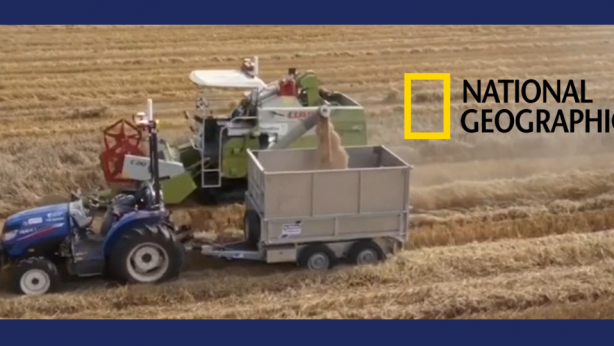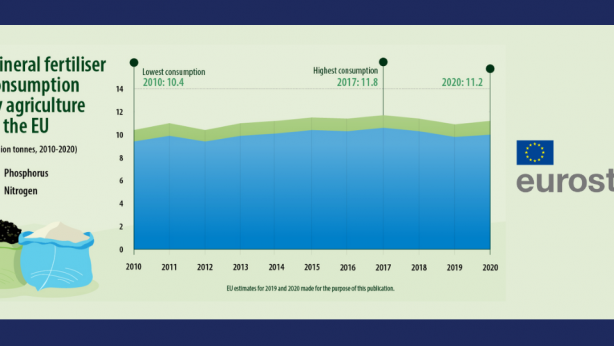Revision of the “Thematic Strategy for Soil Protection”
Soil is one of the most complex of all ecosystems. It is a habitat in its own right, and home to an incredible diversity of organisms that regulate and control key ecosystem services such as soil fertility, nutrient cycling and climate regulation.
It is a hugely important non-renewable resource, vital for human and economic health, as well as the production of food and new medications. In the EU, the degradation of soil is having considerable environmental and economic consequences. Poor land management, such as deforestation, overgrazing, unsustainable farming and forestry practices, construction activities and land sealing are among the main causes of this situation.
Despite recent reductions in the pace of soil sealing, fertile soils continue to be lost to land take and urban sprawl. When compounded by climate change, the effects of erosion and losses of soil organic carbon are becoming increasingly apparent. Desertification is also a growing threat in the EU. It is therefore essential to step up efforts to protect soil fertility, reduce soil erosion and increase soil organic matter. This should be done by adopting sustainable soil management practices, including as part of the CAP. Significant progress is also needed on identifying contaminated soil sites, restoring degraded soils, defining the conditions for their good ecological status, introducing restoration objectives, and improving the monitoring of soil quality.
To address these issues in a comprehensive way and help to fulfil EU and international commitments on land-degradation neutrality, the Commission will update the EU Soil Thematic Strategy in 2021. The Zero Pollution Action Plan for Air, Water and Soil that the Commission will adopt in 2021 will also look at these issues. Soil sealing and rehabilitation of contaminated brownfields will be addressed in the upcoming Strategy for a Sustainable Built Environment.
SOURCE: EU Biodiversity Strategy for 2030



